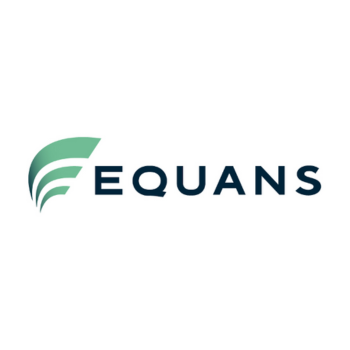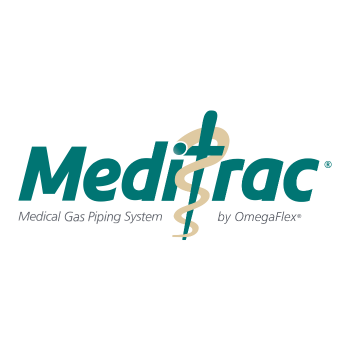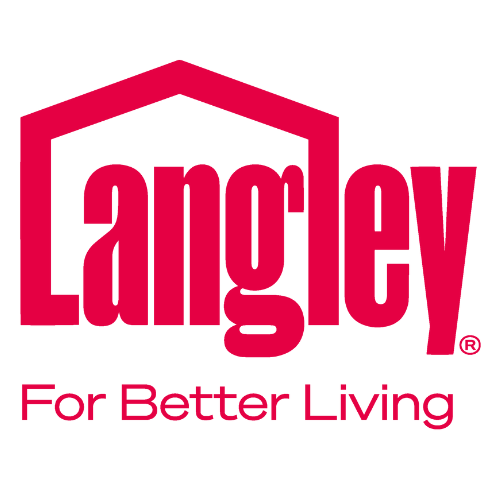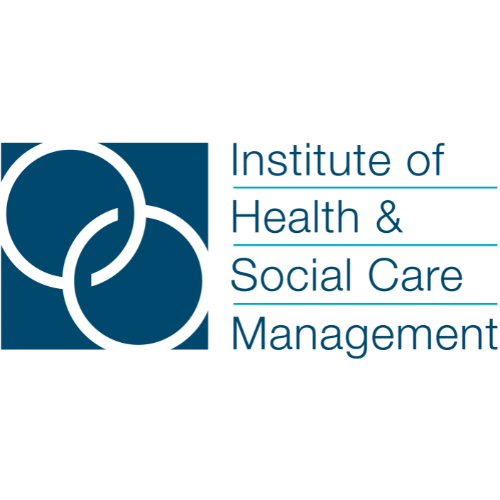A Strategic Summit on Estate Transformation and Sustainability - All Convenzis Events Provide 8 CPD Points Per Delegate
The NHS estate faces a pivotal moment. With over 40% of hospitals built before the internet era and many primary care facilities originally designed as residential properties, outdated infrastructure and fragmented maintenance systems are constraining the delivery of safe, accessible, and digitally enabled care. The imperative to modernise has never been more pressing, as articulated in the Fit for the Future: 10-Year Health Plan and supporting workforce and digital strategies.
This conference provides a practical forum for NHS leaders, estates teams, and partners to translate policy ambition into actionable plans. Delegates will explore sustainable, efficient, and digitally enabled approaches to estate modernisation, addressing both immediate operational pressures and long-term strategic priorities. This conference focuses on building capability, sharing best practice, and equipping teams with the tools to deliver measurable improvements across the NHS estate.
Summit Focus:
The Health Estates Conference 2026 is a premier event for sharing best practice and innovation, designed to help NHS professionals move from awareness to applied implementation. Delegates will gain practical frameworks, tested delivery models, and peer-derived insights on embedding safe, equitable, and sustainable transformation within their estate.
Dedicated Skill Clinics will provide hands-on tools, checklists, and implementation templates for estate assessment, decarbonisation, digital integration, and operational optimisation. Lessons Learned Sessions offer candid reflections from NHS leaders on real-world redevelopment challenges, course corrections, and successful outcomes.
Sessions address key questions: how to modernise ageing buildings within budget, decarbonise without disruption, integrate digital infrastructure to enable care, and optimise estate use to support patient-centred services.
This is not a showcase of what to achieve, but a skills exchange on how to achieve it, translating national ambition into measurable improvement.
This year’s event is structured around clear outcomes. Delegates will leave understanding:
- Applying frameworks for estate transformation: Strategies to modernize and repurpose underused NHS and public estate into fit-for-purpose healthcare environments.
- Improving digital and operational resilience: Investment in digital systems, diagnostic infrastructure, and smart building technologies to enable data-driven care and optimize estate performance.
- Strengthening workforce capability: Innovations in medical and healthcare engineering, facilities management, and clinical systems to support staff in delivering high-quality care.
- Embedding safety, governance, infection control, and sustainability: Addressing backlog maintenance, infection prevention and control measures, decarbonisation, energy efficiency, waste sustainability, and regulatory compliance to ensure estates that are safe, resilient, accessible, and environmentally sustainable.
- Delivering measurable service improvement: Capacity expansion, new facilities, patient-centric design, and community integration to enhance healthcare delivery and patient experience.
- Improving equity, patient outcomes, and experience: Cost optimization, smart healthcare buildings, and health and wellbeing initiatives that directly impact patient access, satisfaction, and outcomes.
What’s New for 2026:
- Morning & Afternoon Skill Clinics: immersive sessions focused on actionable tools, checklists, and templates for estate assessment, decarbonisation, and digital integration.
- Lessons Learned Sessions: real-world reflections from NHS leaders detailing what went wrong, what changed, and what succeeded in estate modernisation.
- Peer Learning Circles: small-group exchanges to explore common challenges and co-design solutions across ICBs, provider collaboratives, and estates teams.
- Action-Driven Case Studies: demonstrating not only outcomes achieved, but how results were delivered through financing, sequencing, and operational handover.
Why Attend:
- Earn 8 CPD Points by attending.
- Build professional confidence through applied, hands-on learning.
- Access ready-to-use frameworks for governance, digital integration, and sustainable estate management.
- Hear real experiences from peers and leaders delivering NHS estate transformation.
- Leave with practical artefacts, toolkits, and implementation guides for immediate local application.
- Join a network of NHS professionals committed to capability-building and sustainable delivery.
Who Would Benefit:
This conference is ideal for NHS estates, facilities, and capital planning professionals, sustainability leads, digital infrastructure teams, and finance officers driving modernisation programmes. Operational and clinical leaders seeking insight into how the built environment supports safe, efficient, and patient-centred care will also benefit. Suppliers, private partners, and innovators will gain understanding of evolving priorities, investment opportunities, and implementation challenges shaping the next decade of NHS estate transformation.























































